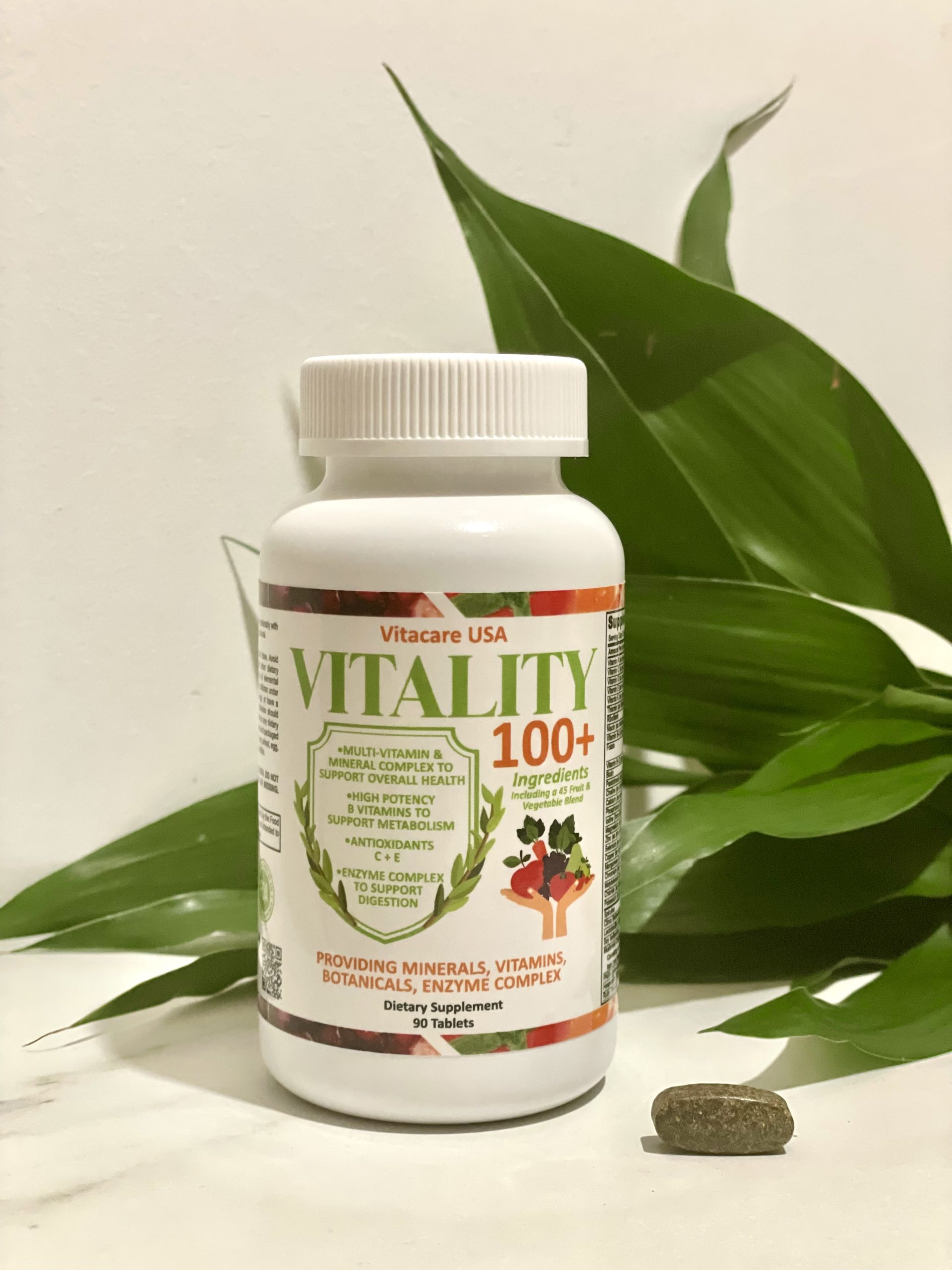In the hustle and bustle of modern life, sleep often takes a backseat. But we all know how essential it is to our well-being. The struggle with insomnia can be all too real, and finding effective, natural remedies is crucial.
Many turn to melatonin, but what if you’re looking for alternatives? This comprehensive guide offers insights into seven all-natural sleep aids that could potentially replace melatonin. From CBD oils and herbal teas to lavender oil and magnesium, these solutions are expert-vetted and backed by independent research.
1. Use CBD Oils, Gummies, or Creams
Understanding CBD and its Role in Sleep
When it comes to addressing sleep issues, CBD products have gained significant popularity. Cannabidiol, or CBD, is a compound found in cannabis plants, renowned for its potential calming and anxiety-reducing effects.
Unlike its cousin, THC, CBD is non-psychoactive, making it an attractive option for those seeking natural remedies for sleep troubles.
Research suggests that CBD may influence sleep by interacting with receptors in the body’s endocannabinoid system, which regulates various physiological processes, including sleep-wake cycles. One study published in The Permanente Journal found that nearly 80% of participants experienced improved sleep while using CBD.
Additionally, many individuals opt for CBD products due to their versatility. Whether it’s through oils, gummies, or creams, users have the flexibility to choose a form that best suits their preferences and needs.
CBD oils can be ingested directly, while gummies offer a convenient and discreet way to consume CBD. On the other hand, CBD-infused creams can be applied topically, potentially aiding in relaxation and promoting better sleep.
Pros and Cons of CBD Products for Sleep
Before incorporating CBD into your sleep routine, it’s important to weigh the pros and cons. Here’s a quick overview:
| Pros | Cons |
| Potential to reduce anxiety and promote relaxation | Limited regulation and quality control in the CBD industry |
| Versatile options for consumption | Interactions with certain medications may occur, necessitating medical guidance |
| Non-psychoactive with minimal side effects | Varying responses to CBD among different individuals |
Practical Tips for Using CBD as a Sleep Aid
To maximize the potential benefits of CBD for improving sleep, consider the following tips:
- Start with Low Doses: When trying CBD for the first time, begin with a low dosage and gradually increase, observing its effects on your sleep patterns and overall well-being.
- Consult a Healthcare Professional: If you’re currently taking medications, especially those metabolized by the liver, consult your healthcare provider before integrating CBD into your routine to ensure there are no adverse interactions.
- Choose Reputable Brands: Look for CBD products from reputable manufacturers that undergo third-party testing and provide Certificates of Analysis (COA), ensuring the product’s purity and potency.
2. Brew a Hot Cup of Herbal Tea
Exploring the Benefits of Herbal Teas for Sleep
Steeped in tradition and known for their soothing properties, herbal teas have long been associated with relaxation and improved sleep. Several herbal blends contain compounds such as chamomile, valerian root, and passionflower, which are believed to promote calmness and alleviate stress, making them ideal bedtime companions.
Chamomile, in particular, is renowned for its mild sedative effects, attributed to the presence of apigenin, an antioxidant that binds to specific receptors in the brain, inducing drowsiness.
Valerian root, another popular ingredient in sleep-promoting teas, has been studied for its potential to enhance sleep quality by increasing levels of gamma-aminobutyric acid (GABA), a neurotransmitter known for its calming effects.
Best Herbal Teas for Sleep
Consider adding the following herbal teas to your nightly routine:
- Chamomile Tea: Widely recognized for its calming properties, chamomile tea is a go-to choice for winding down at the end of the day.
- Valerian Root Tea: Known for its potential to improve sleep quality, valerian root tea is often recommended for those struggling with insomnia and restlessness.
- Lavender Tea: With its pleasant aroma and calming properties, lavender tea can help reduce anxiety and promote relaxation, setting the stage for a peaceful night’s sleep.
Tips for Brewing the Perfect Cup
To make the most of your herbal teas as natural sleep aids, keep the following tips in mind:
- Opt for Loose Leaf Teas: While convenient, tea bags may not contain the same quality as loose leaf teas, which often preserve more of the tea’s aromatic and therapeutic properties.
- Mind Your Steeping Time: Follow the recommended steeping times for eachherbal tea, ensuring you extract the maximum flavors and health benefits without causing unwanted bitterness.
- Consider Temperature: Different herbal teas require varying water temperatures for optimal flavor extraction. Be sure to follow specific guidelines to achieve the best results.
3. Put a Drop of Lavender Oil on Your Pillow
Harnessing the Power of Aromatherapy for Sleep
Aromatherapy, the practice of using natural plant extracts to promote well-being, offers a fragrant approach to improving sleep quality. Lavender, in particular, is celebrated for its calming and relaxing properties, making it a popular choice for those seeking natural remedies for insomnia.
Research has indicated that the inhalation of lavender essential oil may lead to improved sleep quality, reduced anxiety, and an overall sense of well-being. Inhaling the scent of lavender is believed to impact the autonomic nervous system, slowing down heart rate and reducing stress levels, which are crucial for achieving restful sleep.
Tips for Using Lavender Oil
To incorporate lavender oil into your nightly routine for improved sleep, consider these practical tips:
- Dilution: Before applying essential oils topically, it’s essential to dilute them with a carrier oil, such as coconut or almond oil, to prevent skin irritation.
- Pillow Application: Place a few drops of diluted lavender oil on a cotton ball and tuck it inside your pillowcase, allowing the soothing aroma to diffuse while you sleep.
- Diffuser Usage: Consider using a diffuser to disperse the calming scent of lavender throughout your bedroom, creating an ambiance conducive to relaxation and sleep.
4. Drink Tart Cherry Juice
Exploring the Potential of Tart Cherry Juice for Sleep
Tart cherry juice has emerged as a popular natural remedy for sleep troubles, thanks to its rich source of melatonin, the hormone responsible for regulating sleep-wake cycles.
Additionally, tart cherries contain high levels of phytochemicals, including procyanidins and anthocyanins, which possess antioxidant and anti-inflammatory properties that may positively influence sleep quality.
Studies have suggested that consuming tart cherry juice may result in improved sleep duration and quality, making it an attractive option for individuals struggling with insomnia.
Moreover, the potential benefits of tart cherry juice extend beyond sleep, with research indicating its role in reducing inflammation and enhancing post-exercise muscle recovery.
Incorporating Tart Cherry Juice into Your Routine
When considering tart cherry juice as a natural sleep aid, keep the following in mind:
- Opt for Unsweetened Varieties: Choose unsweetened tart cherry juice to minimize added sugars, ensuring you benefit from its natural compounds without unnecessary additives.
- Timing: Consume tart cherry juice approximately 30 minutes to an hour before bedtime to potentially optimize its sleep-promoting effects.
- Moderation: While tart cherry juice offers potential benefits, it’s important to consume it in moderation due to its natural sugar content.



